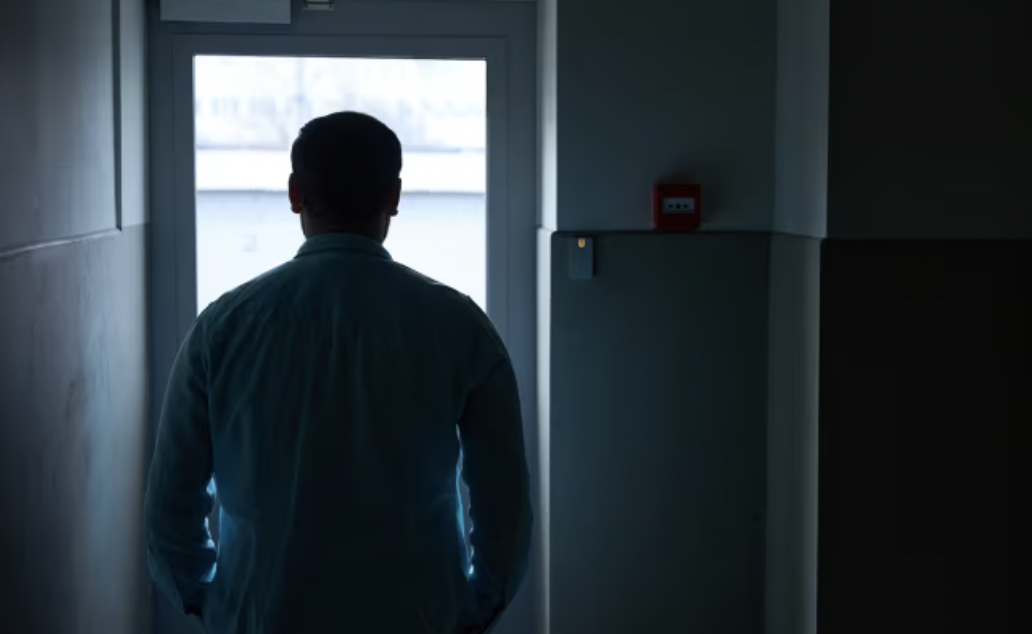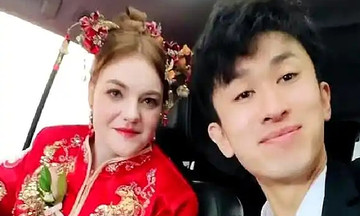"The train was empty, she had a seat, but she chose to stand next to me," he recalled. Initially, Mike didn't pay attention until the woman's hand touched and rubbed his thigh.
Confused and unsure how to react, the 30-year-old recoiled, hoping she would stop. He was wrong. The harassment escalated. The woman only withdrew her hand when the train reached the next station, the doors opened beside them, and passengers boarded.
Mike seized the opportunity to get off the train.
When he recounted the incident to his friends, their reactions were uniform: jokes and mockery. They expressed surprise at his complaint, dismissing him with comments like, "At least you experienced something," or "Finally, someone's interested in you."
These remarks hurt Mike and discouraged him from reporting the incident to the authorities. "They would probably trivialize it like my friends did," he said.
Mike's story highlights a larger societal issue: the challenges faced by male victims of sexual assault. On social media, many commenters suggest such incidents are "a dream" or "a male fantasy." Some even express envy, saying they wish they were "assaulted like the victim."
Experts say this dismissive attitude can deeply wound survivors. Anita Krishnan-Shankar, a psychologist and sex therapist at Alliance Counselling Singapore, notes this is particularly damaging for male victims whose experiences are rarely acknowledged.
When men do speak out, they often face skepticism and ridicule, with severe consequences. Such reactions reinforce shame, perpetuate a culture of silence, and erode self-esteem.
Data from the Singapore Police Force reveals a 154% increase in reports of outrage of modesty against men between 2015 and 2024. Societal empathy for male victims, however, remains largely unchanged.
Dr. Soh Keng Chuan, a consultant at the Institute of Mental Health's (IMH) department of forensic psychiatry, points out that current research suggests support for male victims lags behind that for female victims by over 20 years.
Leonard, a 20-year-old university student, was groped by a classmate during a group trip. When he confided in his sister, she dismissed it as insignificant.
Deeply ingrained gender norms influence how male victims of sexual assault are perceived, compared to their female counterparts.
 |
Illustrative photo: CNA |
Illustrative photo: CNA
Caris Lim, director of the women's care center at the Association of Women for Action and Research (AWARE), explains these perceptions include the widespread beliefs that "sexual violence doesn't happen to men" and that men "should be strong enough to fight back."
Alex, 30, was threatened by his ex-girlfriend with the release of intimate videos if he refused to reconcile. When he declined, the videos and photos were shared on a Telegram group chat and later spread to X.
Although the videos were removed, several of his colleagues in the chat group had downloaded them and continued to circulate them within the office. The incident left Alex anxious about his job and reputation. He described the feeling as "his world collapsing."
He eventually sought help from the human resources department. The company arranged for him to work on a different floor to avoid contact with the colleagues involved.
Some victims experience immediate and long-term trauma, including post-traumatic stress disorder (PTSD), depression, substance abuse, and a tenfold increase in suicide risk, according to research from the US National Institutes of Health.
Following the harassment, Mike developed a fear of sitting near strangers on the subway. "It left a mental scar. I don't think I can ever fully recover," he said.
Mike has noticed some online comments expressing empathy for male victims, even from those who haven't experienced similar situations. However, he believes this progress is insufficient.
"As a man, it's hard to imagine how much pain another man can feel after being assaulted by a woman, unless you've been through it yourself," he said.
Ngoc Ngan (According to CNA)












